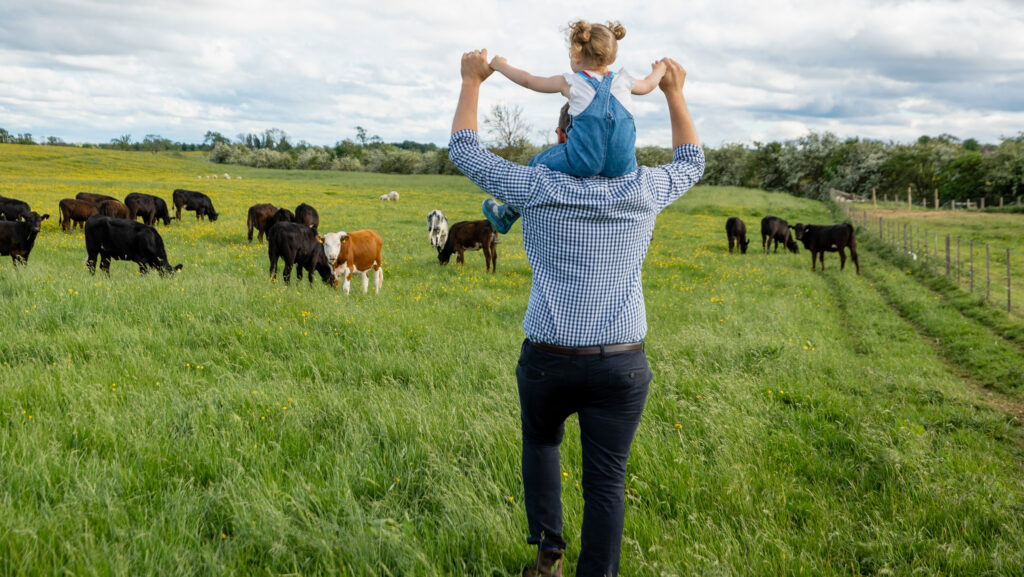Opinion: The family farm is at heart of rural Britain
 © SolStock/IStockphoto
© SolStock/IStockphoto The recent Farmers Weekly Awards offered a fanfare of shrouded optimism to the packed Grosvenor House ballroom on Park Lane.
First to the podium, FW editor Andrew Meredith applauded the zeal of farmers in tough times. Daniel Zeichner (minister for food security and rural affairs), resplendent in his red bow tie, reassured the gathered throng.
With a special mention to the journalists in the room and a couple of name checks to well-known environmental leaders, he told us the government is standing by farmers.
Finally, the NFU’s Tom Bradshaw used the podium to hammer home his union’s plea for maintaining the agricultural budget. But it felt more pleading than hammering.
See also: Opinion – my four-point plan to de-isolate farming
However, it was Stephen Mangan, celebrity host for the evening, who perhaps inadvertently gave the most insightful perspective on how the rest of Britain sees UK farming.
In introducing the Awards, he used a Rolodex of photos to parody his struggles as an actor before reaching the sun-soaked hills of Hollywood, including a litany of failed attempts to win any awards along the way.
The message should have been interpreted as: “Well done for being nominated, but it’s not all about the winning.”
But it felt to me that it was more about Mangan than the 1,200 farmers who had turned up to celebrate their achievements.
And that is how it feels to be a UK farmer in autumn 2024. An overlooked subsection of society, without direction.
We are in danger of allowing government policies to suffer the same disproportionality. Inheritance tax is an obvious example.
I completely understand why the government wishes to prevent the purchase of land being used as a vehicle to transfer wealth between generations.
But it will be the rural communities, not hedge fund millionaires, that are hardest hit.
Of course, individual farmers will also be a casualty, but that probably won’t keep the Treasury wonks awake at night.
When communities die, they become a burden on the exchequer (see any mining town as a point of reference.)
Today, farmland is coming to market at a faster rate than at any time in the past decade.
The confluence of tight margins, reduced BPS, increases in the cost of borrowing, and challenges of succession are coming home to roost.
The removal of inheritance tax reliefs could bring an abrupt halt to the viability of many family farming businesses, and with them the communities they surround.
These communities wouldn’t wither, gradually declining over a long period. They could disappear abruptly.
With people in the UK living on average 15 years longer than a generation ago, family farms are now trying to squeeze a lemon with only the pith and rind left.
Three generations living from a farming business that previously supported only two.
These same families are struggling to be equitable to offspring with capital values of land wildly disproportionate to their current earning capacity.
Chancellor Rachel Reeves should be made acutely aware of how central the family farm is to swathes of rural Britain. It is the encyclopedia of knowledge that understands the mood of a community.
The habitats of villages, from drains to hedges and pubs to schools, all become transient without the roots of the surrounding land stewardship underpinning a careful transition of history among a community.
Inheritance is the careful handing down of knowledge, not just money.

